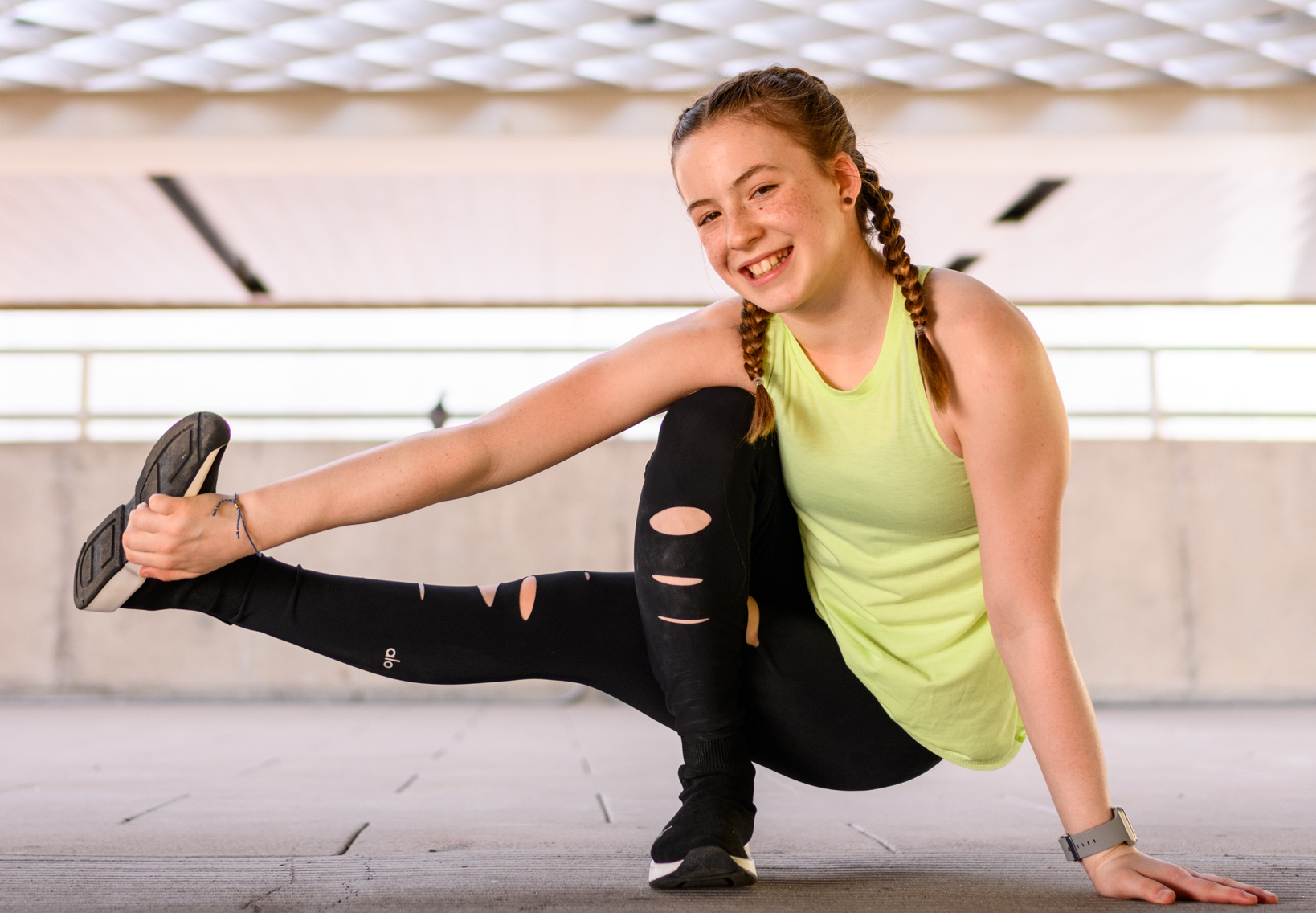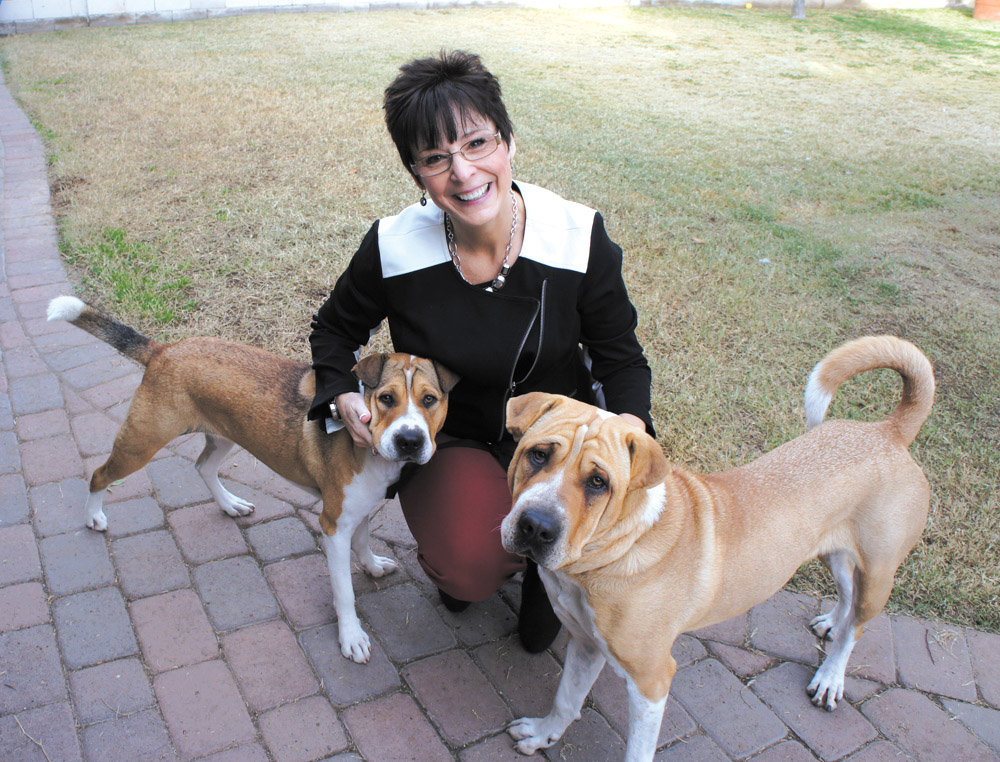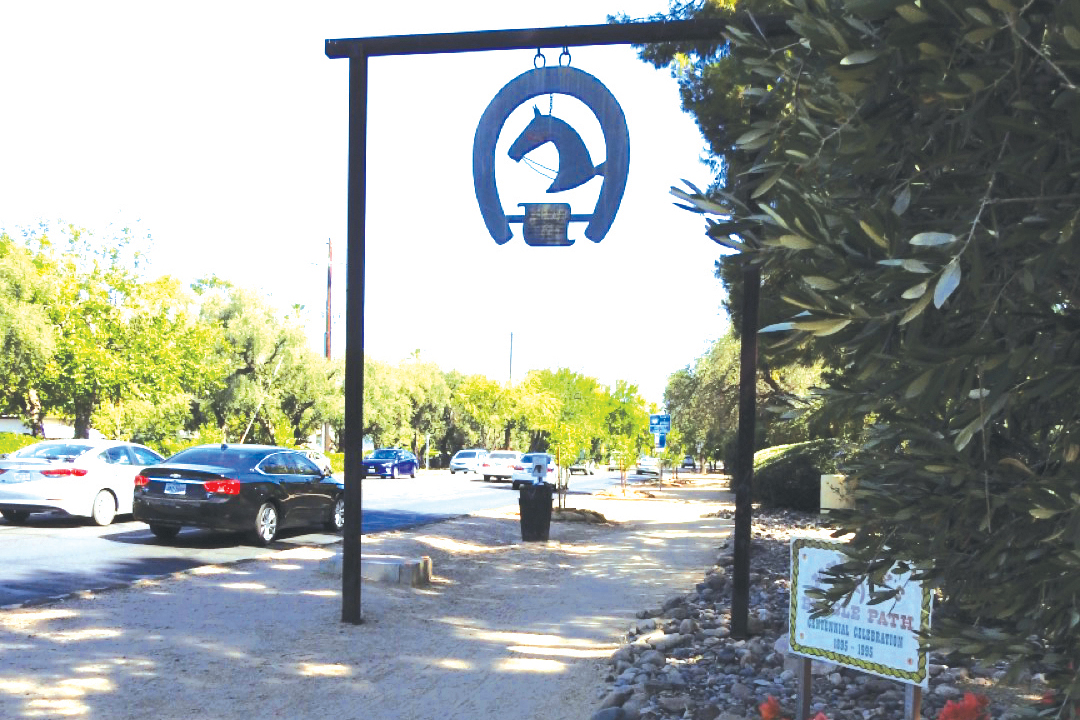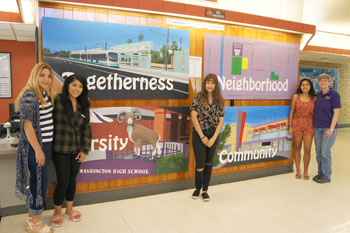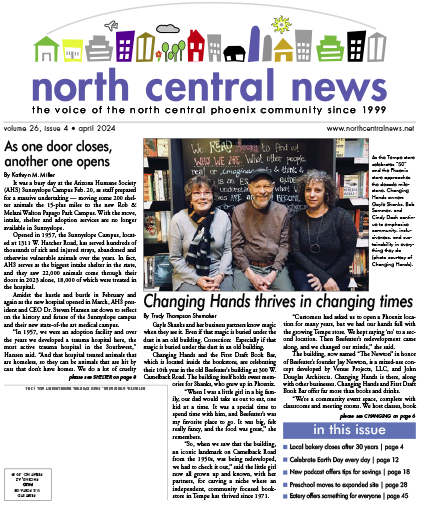The COVID-19 pandemic has created high levels of stress, anxiety and depression but luckily there are many resources in North Central to help residents cope during this chaotic time.
Counselors, psychiatrists, social workers, non-profit organizations, yoga teachers, doctors and others in healing professions are busy striving to help people of all ages find ways to relax and stay mentally strong. Some residents have lost loved ones to the virus while others are recovering from COVID-19. Many parents are stressed out trying to educate their children at home as many schools are still closed for in-person classes. Other residents might be struggling financially as they lost jobs while some are feeling socially isolated.
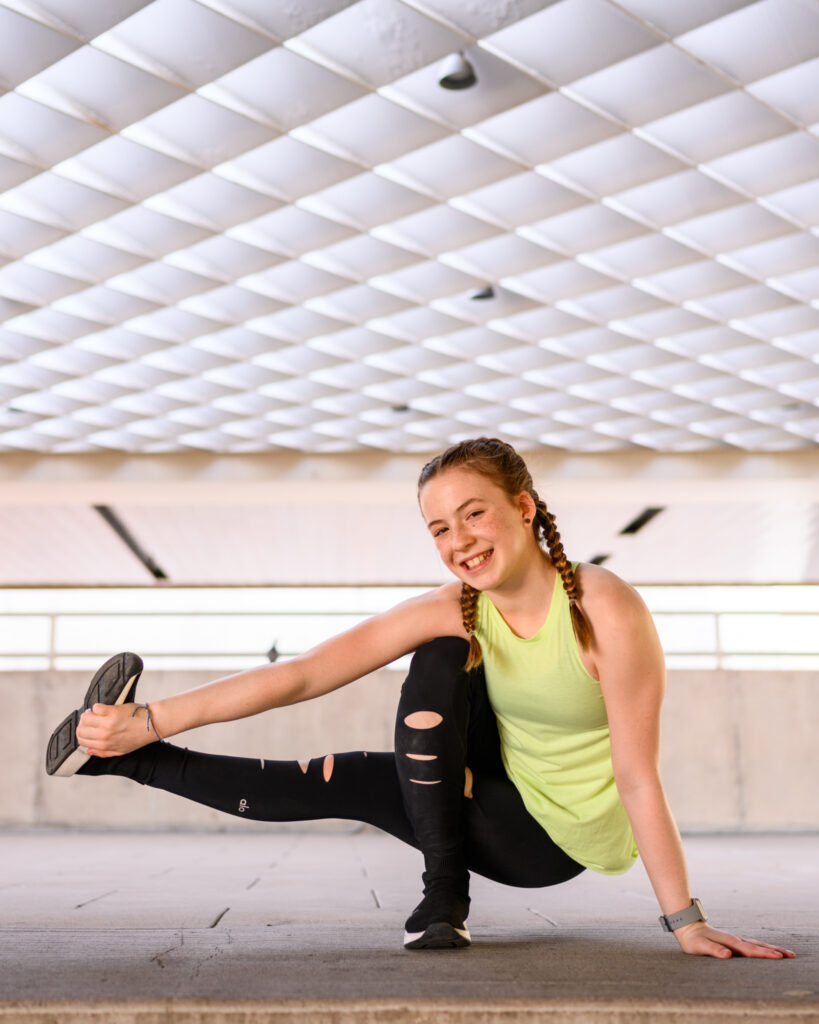
Sienna Stark, 13, a North Central resident, finds stress relief and helps others deal with anxiety through her online yoga and meditation program, YogieFlow. Sienna’s service is just one of many resources available in the area to help community members cope with the effects of the Coronavirus pandemic (submitted photo).
Neighborhood Outreach Access to Health (NOAH), a federally qualified community health provider that is an affiliate of HonorHealth, has more than 40 mental health employees, including licensed counselors, who help patients in different medical centers. Psychiatric staff members also will be in the clinics once they reopen. Two of the centers are in North Central – NOAH Desert Mission Health Center at 9201 N. Fifth St. and NOAH Midtown Health Center at 4131 N. 24th St. Patients can access individual, family, couples and pediatric counseling at those centers, as well as receive “peer support” from employees who have their own history of mental illness, who have completed training though they are not licensed clinicians. Care coordinators, who have some additional mental health system training beyond that of the peer support employees, follow up with patients.
NOAH averaged 110 appointments for mental health services a day at the North Central locations in July, up from 33 per day in July 2019, said Michael Pearson, director of Marketing and Engagement for NOAH in Arizona.
Most of the NOAH centers provide physical and mental health services to patients, often during the patient’s same visit to the facility. While NOAH is not part of HonorHealth, its employees are HonorHealth workers who are leased to NOAH. Counseling is being conducted online or on the telephone during the pandemic, said Britni Earnest, licensed professional counselor who provides counseling services at NOAH and also is chief operations officer of EyeLink Technologies, which provides telehealth psychiatric services for NOAH’s patients.
Earnest said that COVID-19 has de-stigmatized mental health services.
“We know that mental health does not discriminate,” she said. “Across the board, people are scared and they’re sad and lonely. Human beings are resilient but we don’t do great with abrupt change. It’s good because we’re all in this together.”
Earnest recommends people exercise, meditate and practice mindfulness while staying socially connected during this pandemic.
To learn more about NOAH, visit noahhelps.org.
Jewish Family & Children’s Service, based at 4747 N. 7th St., provides counseling for people of all ages, conducted through video chats and on the telephone during this pandemic. Outpatient mental health and substance abuse treatment, as well as primary medical care services, are provided at the organization’s clinics. Its In-Home Older Adult Behavioral Health Program provides mental health treatment in the homes of people ages 55 and older.
“We’re not going to be out of work anytime soon because the need is definitely there,” said Mary Jo Whitfield, vice president of Integrated Health for Jewish Family & Children’s Service.
Whitfield said parents who have children with autism spectrum disorder are more stressed out as their kids are home more often. Jewish Family & Children’s Service mental health professionals visit homes to teach life skills to families and children, including showing kids techniques for managing anger and socializing, when it is clinically appropriate.
To learn more about Jewish Family & Children’s Service, visit jfcsaz.org.
Catholic Charities also provides counseling with costs on a sliding scale, delivered online now due to COVID-19. During normal times, the organization provides counseling at its different locations in Phoenix and other areas of the Valley. The non-profit organization also is forming virtual support groups with 10 or fewer people to help them find healthy ways of managing stress. It costs $15 for six weeks of the groups.
Anna Smith, senior program manager for the counseling program at Catholic Charities, said she has seen more anxiety, depression and fear among clients during this pandemic.
To learn more, visit catholiccharitiesaz.org.
Clint Cooper, a licensed marriage and family therapist at Achieve Counseling & Wellness at 7301 N. 16th St., said he and his colleagues have seen more patients lately but he is not sure if it is because of the pandemic. He said many patients are anxious and stressed, as well as depressed and worried.
“Everybody is going to have their own specific related trauma, just as you would to a natural disaster or our veterans’ experience going to war,” Cooper said.
He recommends people limit the amount of time they spend reading and watching news stories about the pandemic.
A 13-year-old North Central girl, Sienna Stark, is doing her part to try to help people of all ages unwind. The homeschooled student started her own business, YogieFlow, through which she teaches yoga classes online.
“It’s really fun for me and I just feel great and very energized and calm after it,” Sienna said. “It’s helped me deal with all this external stress.”
She said yoga can help other youths become more flexible, build skills that will help them in sports and learn to keep their cool so they will get along better with their siblings.
To learn more, visit yogieflow.com.
For people who are experiencing urgent mental health needs that might not be able to wait days or weeks for an appointment, Banner Health and other companies have hospitals with psychiatric units. Banner – University Medical Center Phoenix at 1111 E. McDowell Road has such a unit while Banner Medical Group operates different clinics in the Valley where counseling is provided. Emergencies including a patient who is suicidal can be treated there, said Scott Bartlett, director of Behavioral Health Case Management Services for Banner Health.
Bartlett recommends people focus on what they can control, rather than worrying about others’ actions and reach out to help others as strategies for coping.
Anyone who needs immediate help also can call Crisis Response Network, which has a crisis line at 602-222-9444 or 800-631-1314 in central Arizona. People who have problems that are not necessarily as urgent can call the “warm line” at 602-347-1100. While the crisis line aids people who may be suicidal or having severe panic attacks, residents can call the “warm line” for any reason, including loneliness and other mental health problems, said Beth Brady, director of organizational strategy and education for the Crisis Response Network.
Teenagers can seek help in ways that meet their needs through Teen Lifeline, which offers support through phone calls and texting. From 3 to 9 p.m. the calls and texts are answered by other teenagers while other times counselors, psychologists or social workers answer calls and texts. The hotline is available 24 hours a day, seven days a week. There were 3,100 calls and texts to Teen Lifeline in June compared to slightly under 1,400 in June of last year, said Nikki Kontz, clinical director at Teen Lifeline.
Many teens are struggling with being home more often during the pandemic as they are around their parents more frequently and “that’s not awesome,” Kontz said. Some might be living in unsafe homes. Kontz said many of the teens calling or texting lately are concerned about isolation, anxiety and depression. The Teen Lifeline can be reached at 602-248-8336 (TEEN) or 800-248-8336 (TEEN).
Older adults can find many ways to stay entertained, exercise and socialize through AARP Arizona’s many online classes and offerings. Some involve healthy eating, a virtual tour of the state, watching movies, doing yoga, and participating in a fitness boot camp, said Brenda Holt, associate state director – Community Outreach and Advocacy.
To learn more about AARP Arizona, visit local.aarp.org/az.
Circle the City, a non-profit community health organization that provides healthcare to homeless residents, also offers mental health support to its patients as part of its holistic treatment and outreach. The organization has various primary care medical centers and a mobile health team around the Valley including in North Central.
“What I’m hearing is just people are worried about how it’s (COVID-19) going to affect them and they have nowhere to go if they get sick,” said Rafael Martinez, licensed clinical social worker and director of Behavioral Health for Circle the City.
To learn more, call 623-900-2203 or visit circlethecity.org.

